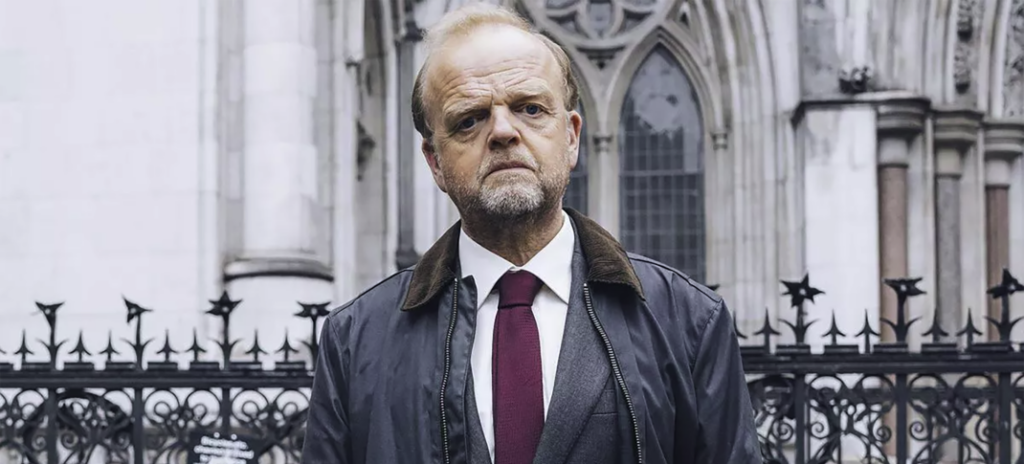In June 2019, a UK court will decide if two different huge collective actions will be allowed to move forward, giving plaintiffs’ lawyers and litigation financiers massive paydays, while consumers get next to nothing.
The Competition Appeal Tribunal (CAT) is considering applications to allow two competing plaintiffs’ law firms and litigation funders to pursue collective actions against truck manufacturers, such as Daimler and Iveco, to the tune of billions of pounds.
Plaintiffs’ lawyers are pitching this case to truck owners by claiming that owners could receive a payment of 20,000 pounds without even having to file a claim. Let the lawyers do the hard work and a check will soon arrive in the mail. But if getting a large sum of money without having to do any work sounds too good to be true, it’s because it is.
This scenario plays out in the United States all the time: Trial lawyers file lawsuits, claiming a large class of people have been harmed in some way by a business. They promise consumers big money, yet what consumers don’t know is that the lawyers end up getting paid and they will get pennies on the dollar.
In fact, it has already been tried in the UK. An American-based law firm and a U.S. litigation funder sued MasterCard on behalf of 46 million British cardholders. The lawsuit claimed damages of 14 billion pounds for alleged overcharges of interchange fees. It was the largest amount in damages ever claimed in the UK. There is no way the lawyers and funders in this case expected to get compensation to even a majority of the consumers they claimed to represent. In fact, the funding agreement would have allowed the funders to receive more money the LESS the consumers claimed. Fortunately in 2017, the CAT dismissed the case.
What makes both the MasterCard and the truck litigation worrisome is the use of third party litigation funding (TPLF). TPLF was created and exported more than a decade ago in Australia and is now spreading across the globe. It allows hedge funds to invest in lawsuits in exchange for a cut—sometimes 40 percent or more—of a settlement or judgement.
The Competition Appeal Tribunal should send a clear message to plaintiffs’ lawyers and outside funders by denying the collective actions against the truck manufacturers to move forward.
The U.K should learn from the problems of the U.S. legal system and consider the troubling incentives and upsides for the solicitors and funders at the expense of claimants. Don’t follow in the U.S. footsteps on collective actions.



